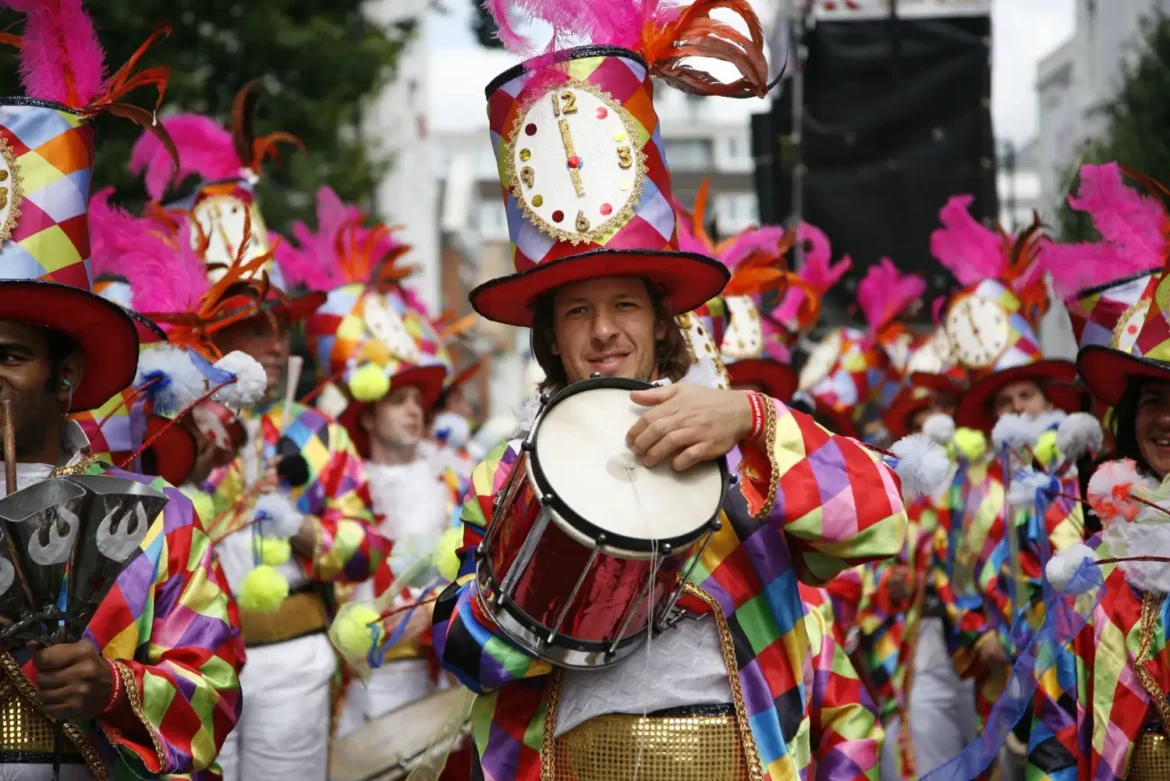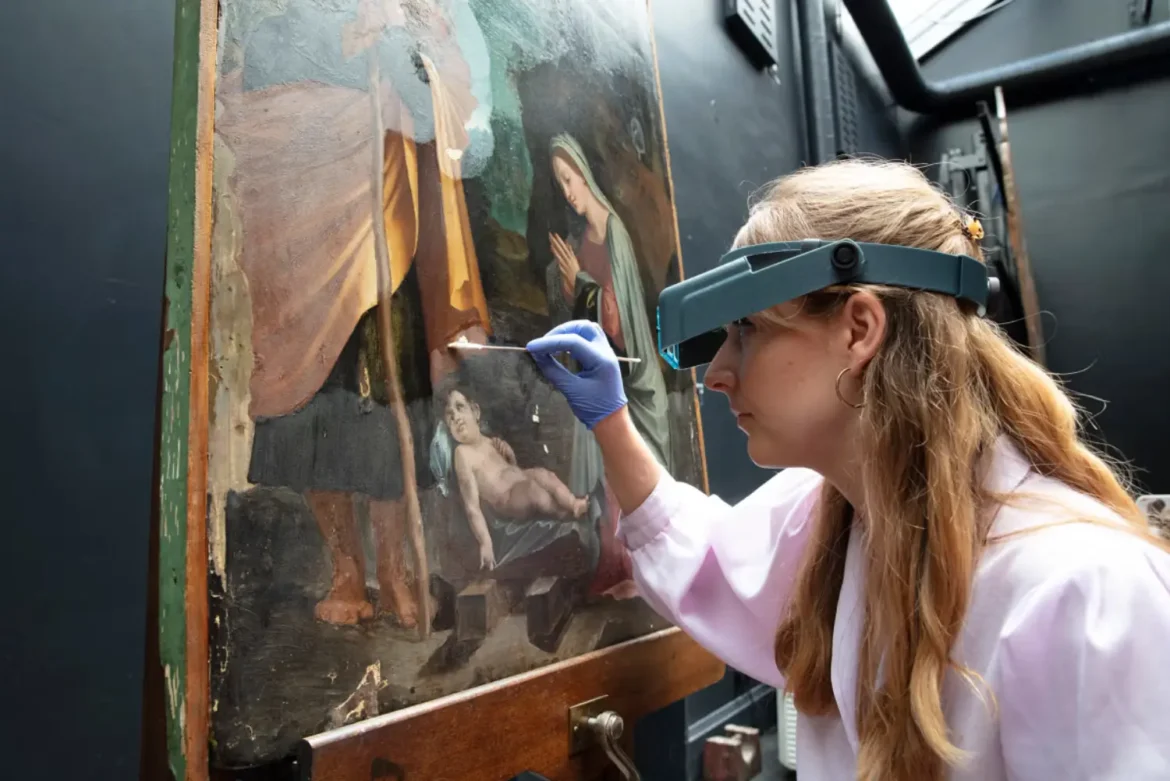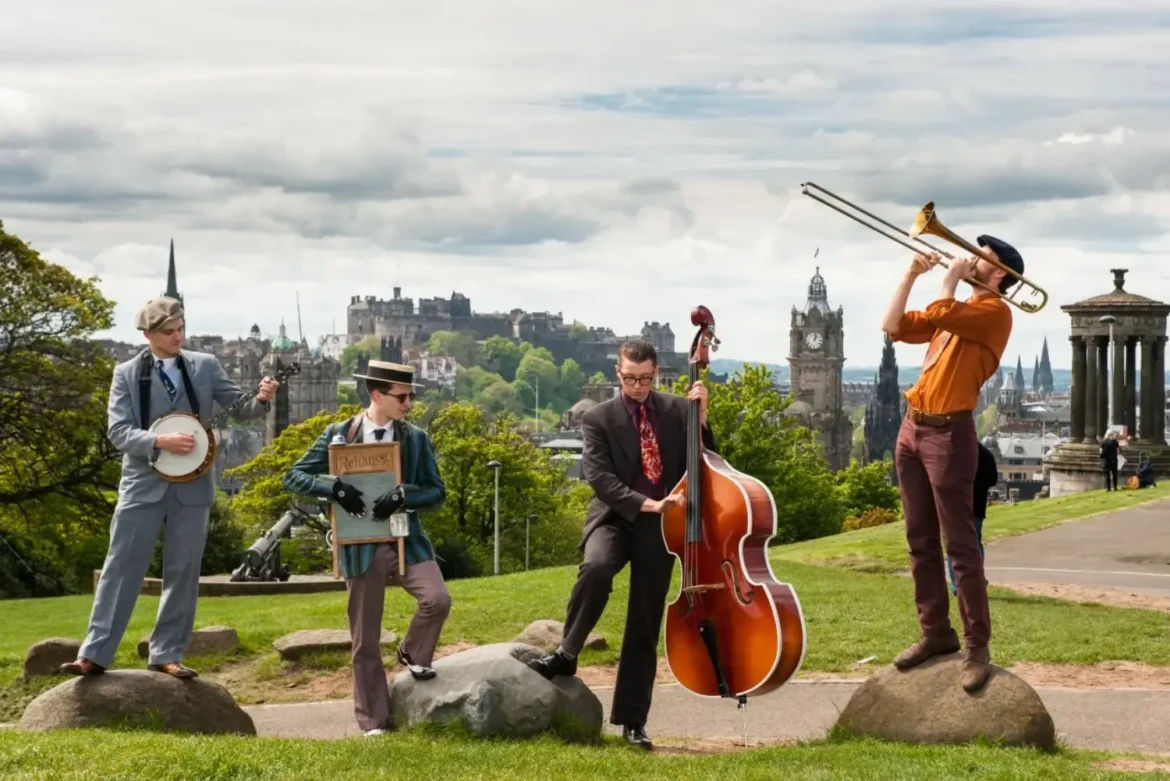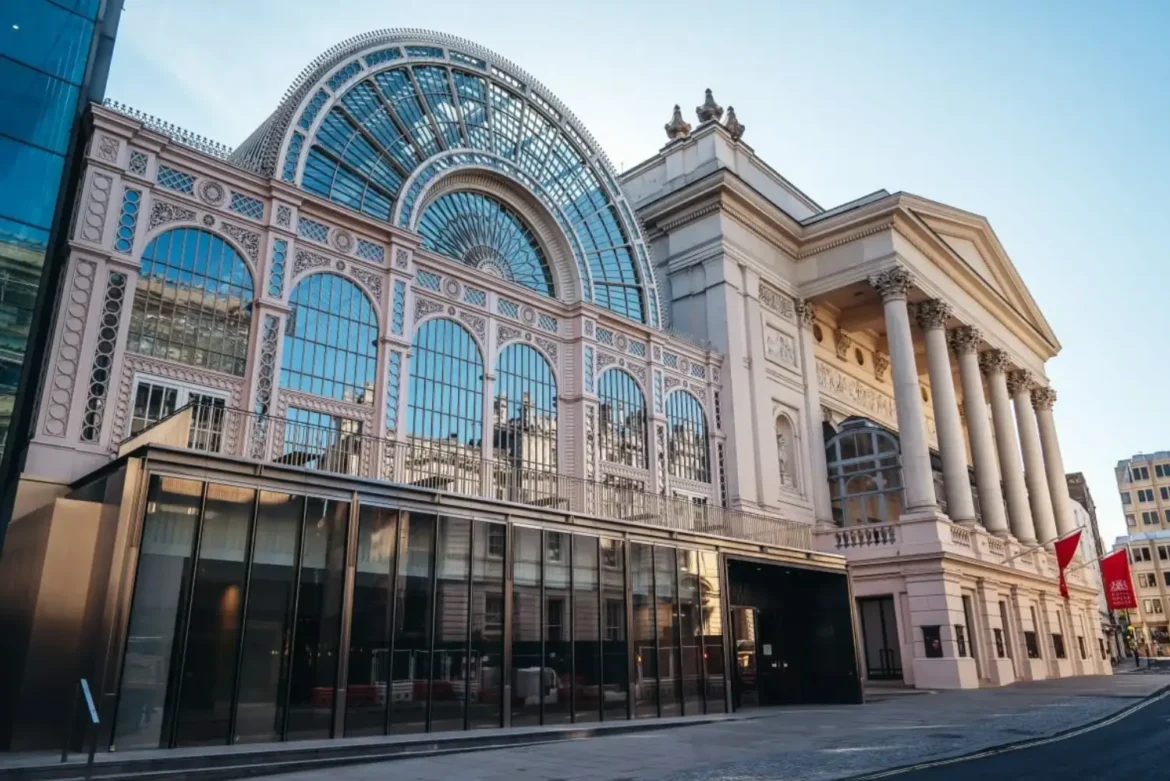Festivals and cultural traditions play a central role in the UK, bringing communities together and celebrating the country’s rich heritage. From historic fairs to modern music festivals, there is a wide range of events that capture the spirit of local life and national identity. These celebrations provide opportunities for both residents and visitors to experience the vibrancy, creativity, and diversity of British culture, creating memorable experiences throughout the year.
Annual festivals showcase the UK’s dedication to the arts and performance. The Edinburgh Festival Fringe is one of the largest arts events in the world, featuring theatre, comedy, music, and dance. Glastonbury, another internationally renowned festival, highlights music and performing arts in a rural setting, combining entertainment with social and environmental engagement. These events attract global audiences while providing platforms for both emerging and established talent, emphasizing the country’s commitment to cultural expression.
Traditional celebrations remain equally significant, connecting modern audiences with historical customs. Seasonal events, such as May Day festivities, Christmas markets, and Hogmanay in Scotland, allow communities to honor long-standing practices and rituals. Regional fairs and local parades reflect specific cultural identities, celebrating folk music, dance, and craftsmanship. These events foster a sense of continuity and belonging, offering insight into the nation’s shared heritage.




